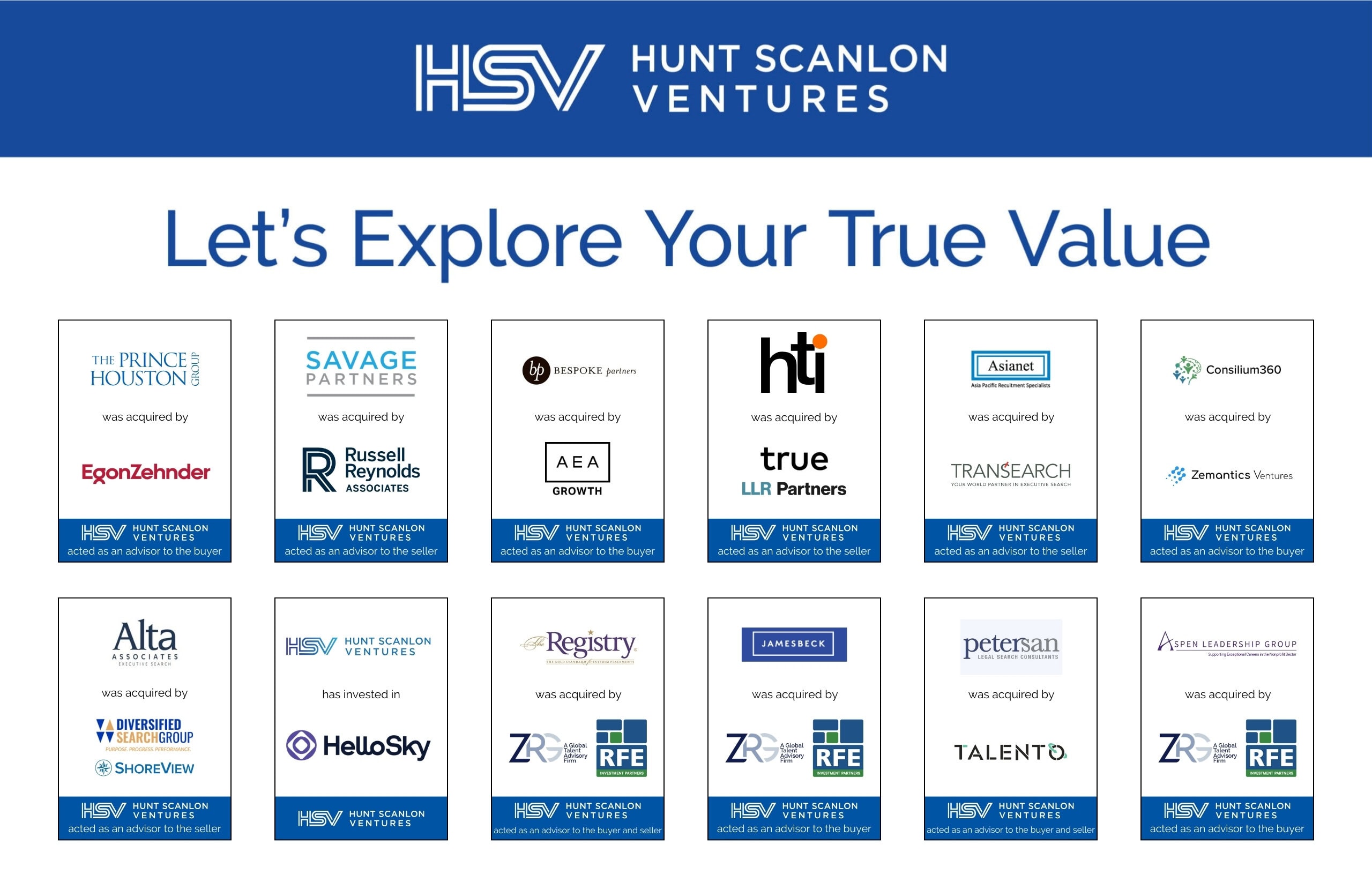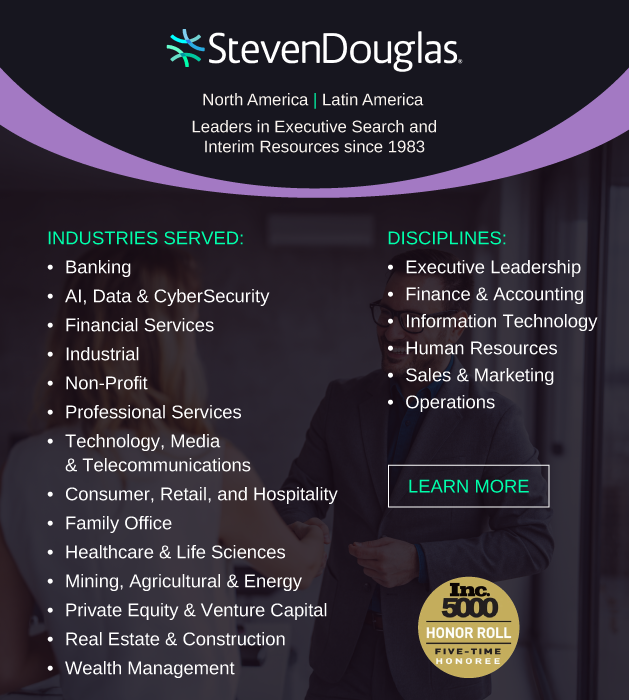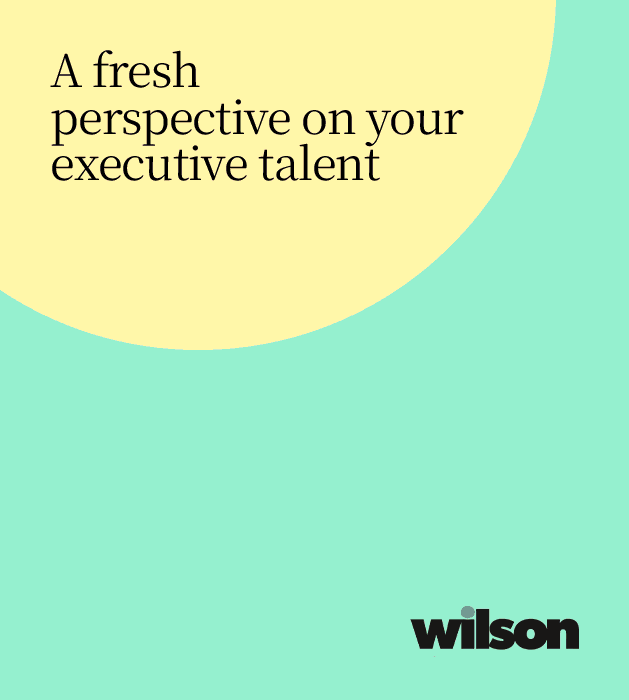AI is no longer a future-facing experiment – it is already changing how private equity firms invest, operate, and compete. As artificial intelligence transforms the deal-making process, PE is discovering that hesitation may mean falling behind. Leo Cummings, an associate at Hunt Scanlon Ventures, explores how early adopters are gaining an edge – and why others may be at risk of missing out.
According to PitchBook, investment managers are embracing AI to accelerate diligence, streamline operations, and drive firm-wide performance.
For early adopters, the benefits are substantial – some firms are saving up to 80% of the time once spent on due diligence, reclaiming thousands of hours and significant legal costs per deal.
And AI is doing more than boosting speed. It is reshaping how firms structure their teams and allocate talent.
But not everyone is moving at the same pace. While some middle-market firms are embracing change, others – including large GPs – remain cautious. That hesitation could mean falling behind in a talent-driven environment.
“AI is reshaping how firms structure their teams and allocate talent.”
“The lower end of the market – defined as GPs managing less than $1 billion in assets – also has been slow to adopt it,” said Madeline Shi, a senior reporter for PitchBook.
Tools, Not Theories
Artificial intelligence is quickly becoming core infrastructure in private equity. From sourcing targets to reviewing data rooms, these platforms are helping firms make faster, more informed decisions.
And these tools don’t just improve efficiency – they are redefining roles. Legal teams are streamlining workflows. Analysts are shifting from execution to analysis. Investment professionals are spending more time on strategy and value creation.
The result is a more agile and empowered team. “It is driving a new kind of engagement across the team,” said Leo Cummings, an associate at Hunt Scanlon Ventures.
Redefining Junior Roles
For junior professionals, AI is changing the arc of development. “It is moving juniors from task execution to judgment-driven work earlier in their careers,” said Mr. Cummings.
“Teams are being freed from low-value, repetitive work and redirected toward higher-level thinking.”
This shift isn’t just operational – it’s cultural. “Teams are being freed from low-value, repetitive work and redirected toward higher-level thinking,” he noted.
Firms that are adopting AI successfully are also seeing better retention and stronger internal morale. Employees are more engaged and more aligned with the firm’s strategic goals, according to PitchBook.
Overcoming Stalled Momentum
Interestingly, some firms start strong with AI, only to stall out. Lack of clean data, internal resistance, and cultural inertia can slow progress.
But the cost barrier is fading. Platforms are becoming more affordable, and the return on investment is increasingly clear.
The firms that follow through – those that not only adopt tools but rethink how they work – are gaining a lasting advantage.
“AI isn’t replacing people – it is raising the bar on how firms use their talent,” said Mr. Cummings. “The firms getting this right aren’t just plugging in new tools – they’re rethinking what their teams are built to do.”
For those leaning in early, the payoff isn’t just efficiency. It’s talent development, team engagement, and long-term performance.
Article By

Leo Cummings
Leo Cummings is Editor of ExitUp, the investment blog from Hunt Scanlon Ventures designed for professionals across the human capital M&A sector. Leo serves as an Associate for Hunt Scanlon Ventures, providing robust industry research to support the firm’s investment group.






